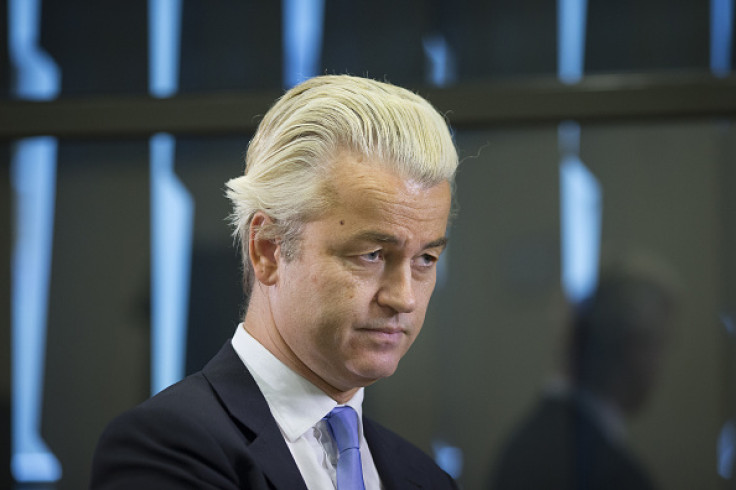Dutch MP: 'Lock up Islamic men in asylum centres'

Calling male asylum seekers 'Islamic testosterone bombs', Dutch MP Geert Wilders said on 18 January that male refugees should be locked up in asylum centres. Wilders called for the move in support of women who he said would remain threatened in the presence of male refugees.
"As long as our women are in danger from the Islamic testosterone bombs, I propose that we lock the male asylum seekers up in the asylum centres," said Wilders in a video for his Freedom Party (PVV). Wilders touched on the Cologne New Year's Eve sexual harassment attacks on women saying it was act of "sexual terrorism, sexual jihad."
Wilders believes the solution lies in tightening border controls and closing out borders for "asylum-seekers from Islamic countries." The outspoken far-right Dutch politician has, however, sparked plenty of criticism. He is due to appear in a trial in March over charges of inciting racial hatred after his comments in local elections where he said he will make sure there are "fewer Moroccans" in the country.
According to the latest opinion polls, Wilders' PVV is doing well enough to win a majority of seats in the Dutch parliament given the present consensus. In one of its rallies planned for the Spijkenisse town, PVV will be handing out pepper sprays to women, which remain illegal in the Netherlands, reported France24 News. The Netherlands has taken in over 54,000 asylum seekers in 2015 alone.
Earlier male asylum seekers in the German town of Bornheim reportedly engaged in 'sexually offensive behaviour' at a public pool leading to their ban at public swimming pools in the town. "[The ban is aimed at] making it clear to the men that the right of women in Germany is inviolable," said a spokesman for the local government of Bornheim. The authorities will be interviewing social workers at the shelters to determine when it is time to lift the ban.
© Copyright IBTimes 2024. All rights reserved.






